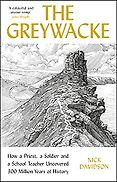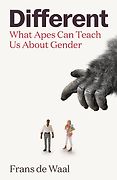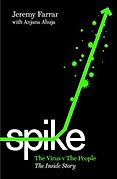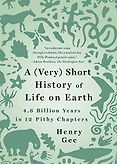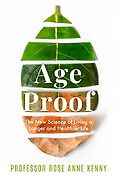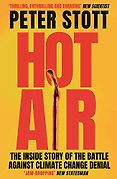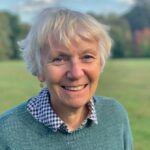
Maria Fitzgerald
Professor Maria Fitzgerald is a neuroscientist and an expert in the biology of pain processing in the spinal cord and brain. Her laboratory in the UCL Department of Neuroscience, Physiology & Pharmacology focuses upon the formation of neuronal circuits that underlie acute and chronic pain and how these circuits are shaped in early life. She uses neurophysiological techniques in animal models and human participants to understand the mechanisms underlying the short and long-term effects of early life pain. Her lab is internationally recognised for its impact on pain management in infants, children and young people. She has published over 250 research papers and reviews in pain neurobiology and has received numerous honours and prizes including fellowship of the Royal Society and the Academy of Medical Sciences and, most recently, the Feldberg Foundation Prize. Her work crosses boundaries between cellular and integrative neurobiology, physiology and behaviour and she collaborates extensively with clinical colleagues.
Interviews with Maria Fitzgerald
-

1
The Greywacke: How a Priest, a Soldier and a School Teacher Uncovered 300 Million Years of History
by Nick Davidson -

2
Different: What Apes Can Teach Us About Gender
by Frans de Waal -

3
Spike: The Virus vs. The People - the Inside Story
by Jeremy Farrar & with Anjana Ahuja -

4
A (Very) Short History of Life on Earth: 4.6 Billion Years in 12 Chapters
by Henry Gee -

5
Age Proof: The New Science of Living a Longer and Healthier Life
by Rose Anne Kenny -

6
Hot Air: The Inside Story of the Battle Against Climate Change Denial
by Peter Stott
The Best Popular Science Books of 2022: The Royal Society Book Prize, recommended by Maria Fitzgerald
The Best Popular Science Books of 2022: The Royal Society Book Prize, recommended by Maria Fitzgerald
The renowned UCL neuroscientist Professor Maria Fitzgerald, chair of the 2022 Royal Society Book Prize, talks us through the judges’ selection of the best popular science books of the year—including a whistle-stop tour of the history of the Earth, a self-help book offering evidence-based advice on how to live a longer life, and a primatologist’s study of gender among apes.
